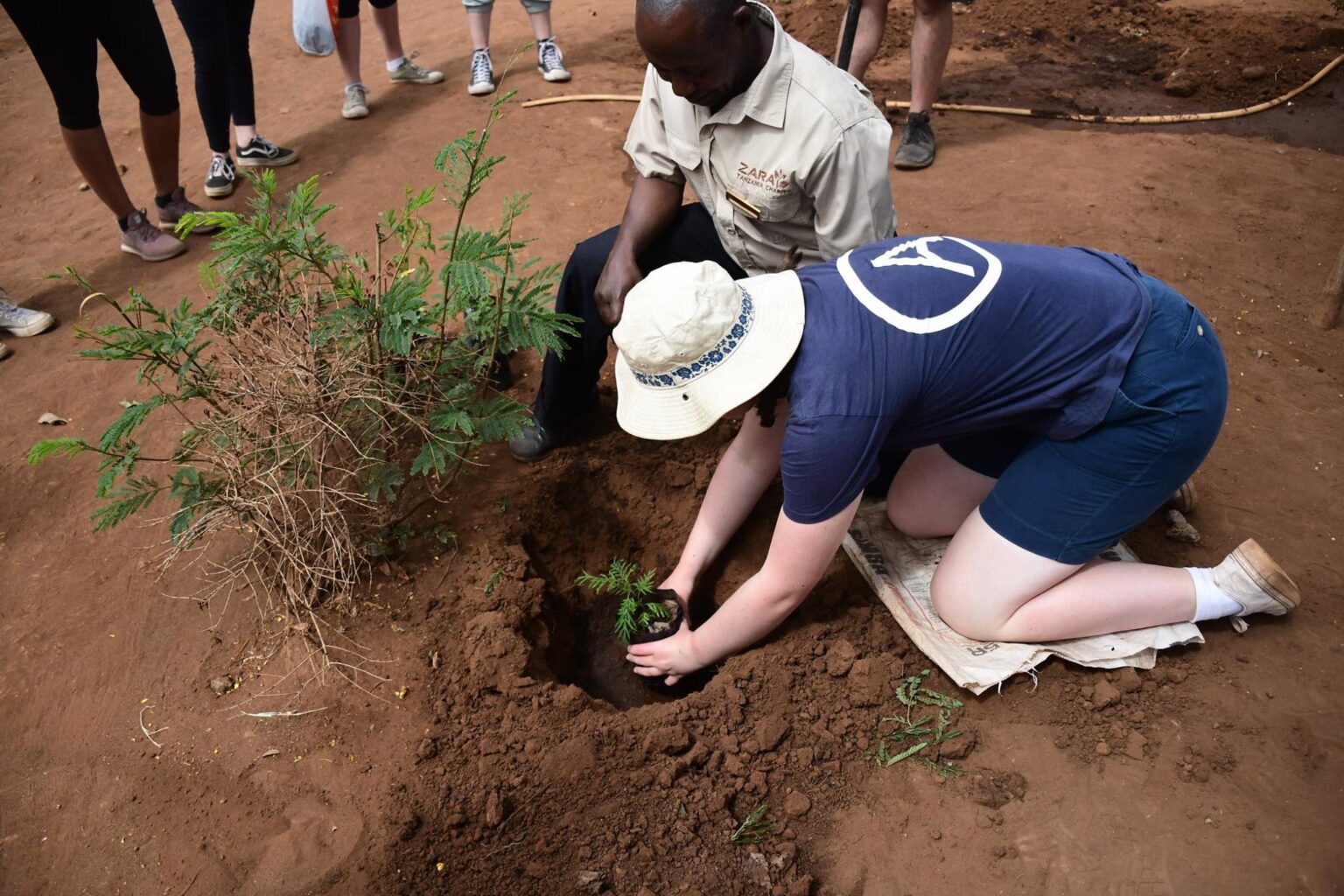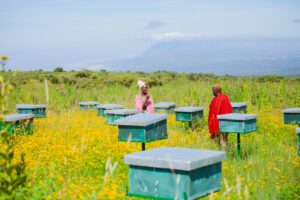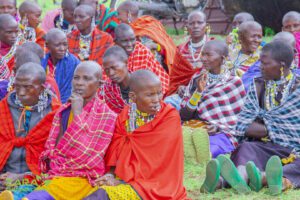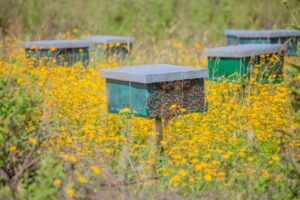Addressing Climate Change: Zara Charity’s Tree Planting Initiatives.
Introduction: Rooting Sustainability in Tanzania
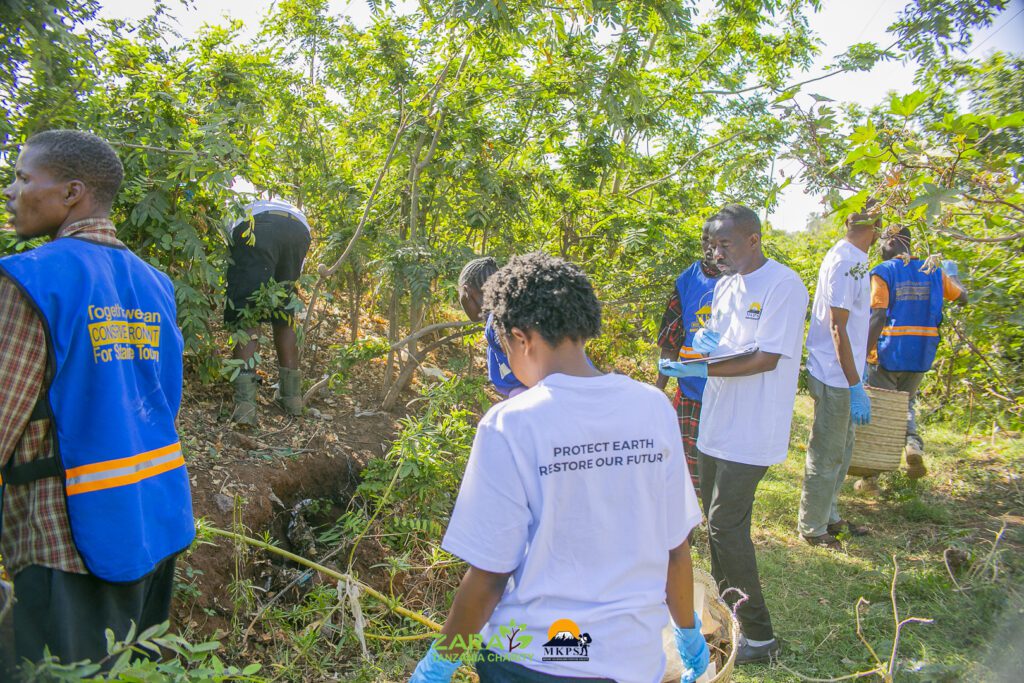
In the face of escalating climate change, reforestation has emerged as a vital strategy for environmental restoration and community resilience. In Tanzania, Zara Charity stands at the forefront of this movement, integrating tree planting into its broader mission of sustainable development. Through initiatives like the MKPS Tree Planting Project, Zara Charity not only combats deforestation but also fosters environmental awareness and community engagement.
The Climate Crisis and the Role of Trees
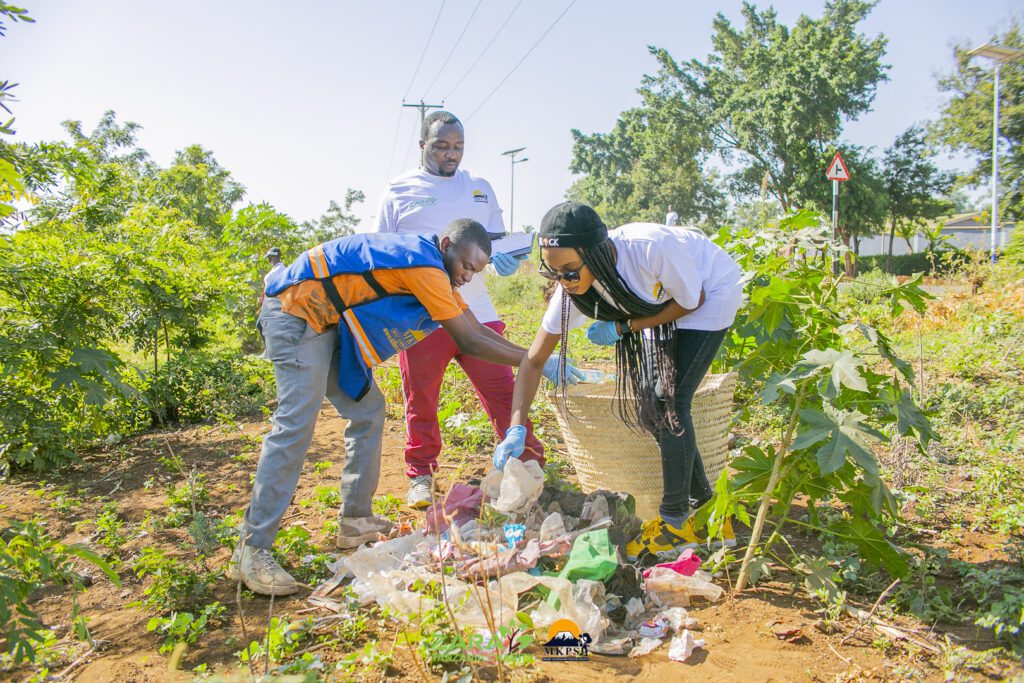
With its extensive threats to ecosystems, businesses, and communities worldwide, climate change is one of the most urgent issues of our time. The effects are becoming more apparent in Tanzania, where irregular rainfall patterns interrupt farming cycles, protracted droughts limit the amount of water available, and a continuous reduction in biodiversity threatens the natural equilibrium that local communities rely on to survive.
Trees stand out among these obstacles as unsung heroes, providing potent natural remedies to lessen the effects of climate change. They play numerous and essential roles in the environment:
- Carbon Sequestration: The removal of carbon dioxide (CO₂) from the atmosphere is one of the most important functions that plants perform. Human activities are the main source of greenhouse gas emissions, which raise CO₂ levels to excessive levels. These levels trap heat and exacerbate global warming. By absorbing this carbon during photosynthesis and storing it in their biomass, trees help to chill the globe by lowering greenhouse gas concentrations.
- Soil Conservation: By serving as soil anchors, tree roots stop wind and rain-induced soil erosion. Planting trees preserves soil integrity in Tanzania, where deforestation and bad agricultural practices frequently result in deteriorated soils. This stops hazardous landslides and sedimentation in aquatic bodies in addition to preserving land fertility for farming.
- Water Cycle Regulation: Rainfall patterns at the local and regional levels are greatly influenced by forests. Trees help create clouds and precipitation by drawing water from the soil and releasing it into the sky through transpiration. Furthermore, their canopy enhances groundwater recharge and decreases surface runoff, guaranteeing the stability of watersheds that provide clean water.
- Biodiversity Support: A staggering variety of species can be found in forests. Pollinators, wildlife, and native plants are supported by the preservation and restoration of natural habitats through the maintenance and restoration of tree cover. Food security, ecological balance, and the cultural legacy of groups like the Maasai depend on this biodiversity.
Essentially, planting trees is a strategic, multifunctional tool in the fight against ecological deterioration and climate change, not just an environmental deed.
Zara Charity: A Commitment to Environmental Stewardship

Zara Charity Initiative was founded with the goal of empowering Tanzanian people, and one of its main objectives is environmental conservation. The foundation has started a number of tree planting projects to restore damaged landscapes and support sustainable livelihoods because it understands the connection between healthy ecosystems and community well-being.
Recognizing the close relationship between healthy ecosystems and sustainable livelihoods, Zara Charity organizes forestry projects with the help of volunteers, local authorities, schools, and foreign visitors. In addition to fighting deforestation, these programs inform local populations on the long-term advantages of environmental preservation. Zara Charity‘s tree planting initiatives assist the environment and the economy by reclaiming degraded lands, enhancing biodiversity, and promoting climate resilience. Through its practical approach and dedication to grassroots engagement, the organization persists in advocating for a more sustainable and environmentally friendly Tanzania for coming generations.
The MKPS Tree Planting Project: Greening Kilimanjaro
One of Zara Charity‘s flagship environmental programs is the MKPS Tree Planting Project, focusing on the Kilimanjaro region. This initiative involves:
- Tree Nurseries: Establishing nurseries to cultivate indigenous tree species suitable for local ecosystems.
- Community Engagement: Mobilizing local residents, including schools and community groups, to participate in planting activities.
- Education and Awareness: Conducting workshops to educate participants on the importance of trees and sustainable land management.
Through these efforts, the project aims to reforest degraded areas, enhance biodiversity, and instill a culture of environmental responsibility.
Educational Institutions as Catalysts for Change
Zara Charity works with schools to raise young people’s awareness of environmental issues. For example, there are two reasons why schools like Kaloleni Primary School hold tree planting events:
- Environmental Education: Students learn about the ecological importance of trees and participate in hands-on conservation activities.
- Improved Learning Environments: Planted trees provide shade and improve air quality, creating more conducive spaces for learning.
By involving students, Zara Charity ensures that environmental stewardship becomes an integral part of the educational experience.
Integrating Tree Planting into Tourism
Zara Charity leverages Tanzania’s tourism industry to fund its environmental projects. As part of their trip, travelers are encouraged to take part in tree-planting events through collaborations with groups like Zara Tanzania Adventures.
This approach offers:
- Sustainable Tourism: Visitors contribute positively to the environments they explore.
- Cultural Exchange: Tourists engage with local communities, fostering mutual understanding and respect.
- Funding for Conservation: Proceeds from tourism support ongoing environmental projects.
Such integration ensures that tourism benefits both the environment and local populations.
Community Empowerment through Environmental Action
The tree-planting campaigns of Zara Charity provide opportunities for community empowerment in addition to environmental benefits. By incorporating locals in the organization’s strategy and execution, the nonprofit:
- Builds Capacity: Participants acquire skills in nursery management, planting techniques, and environmental education.
- Generates Income: Tree nurseries and related activities create economic opportunities for community members.
- Fosters Ownership: Engagement in conservation projects instills a sense of responsibility and pride among participants.
This holistic approach ensures that environmental initiatives also contribute to social and economic development.
Challenges and Strategies for Sustainability
Despite their effectiveness, Zara Charity’s tree-planting initiatives have drawbacks, such as:
• Climate Variability: The survival rates of seedlings can be impacted by erratic weather patterns.
• Resource Limitations: Project expansion may be hampered by a lack of funds and supplies.
• Community Engagement: Ongoing motivation and education are necessary to maintain long-term involvement.
Zara Charity uses tactics like these to deal with these issues:
• Monitoring and Evaluation: Consistent evaluations to modify procedures and enhance results.
• Partnerships: pooling resources and knowledge from both governmental and non-governmental organizations.
• Capacity Building: Continually offering training to improve dedication and community skills.
These steps are intended to guarantee the durability and efficacy of tree-planting initiatives.
Measuring Impact: Environmental and Social Outcomes
The following are quantifiable advantages of Zara Charity‘s tree planting programs:
• Carbon Sequestration: Planted trees absorb large volumes of CO₂, reducing the effects of climate change.
• Enhancement of Biodiversity: Many plant and animal species find homes in reforested regions.
• Conservation of Soil and Water: Increased plant cover improves water retention and lessens erosion.
• Community Development: Resilient communities are strengthened by greater economic opportunity and environmental knowledge.
These results show the complex effects of combining social and environmental goals.
Future Directions: Scaling and Innovation
Zara Charity hopes to grow its tree planting programs in the future by:
• Scaling Up: Increasing the quantity of trees planted and bringing projects to new areas.
• Innovative Practices: Using climate-smart agriculture methods and agroforestry.
• Youth Engagement: Creating initiatives to increase the number of youths engaged in environmental preservation.
By embracing innovation and inclusivity, Zara Charity seeks to amplify its impact on climate change mitigation and community development.
Cultivating a Greener Future
The tree-planting campaigns of Zara Charity are a prime example of how grassroots initiatives may tackle global issues such as climate change. In addition to restoring ecosystems, the charity empowers people and builds stronger communities via community engagement, education, and sustainable practices. As these trees mature, they represent resiliency and optimism, serving as a reminder that we can all work together to create a more sustainable and greener future.

